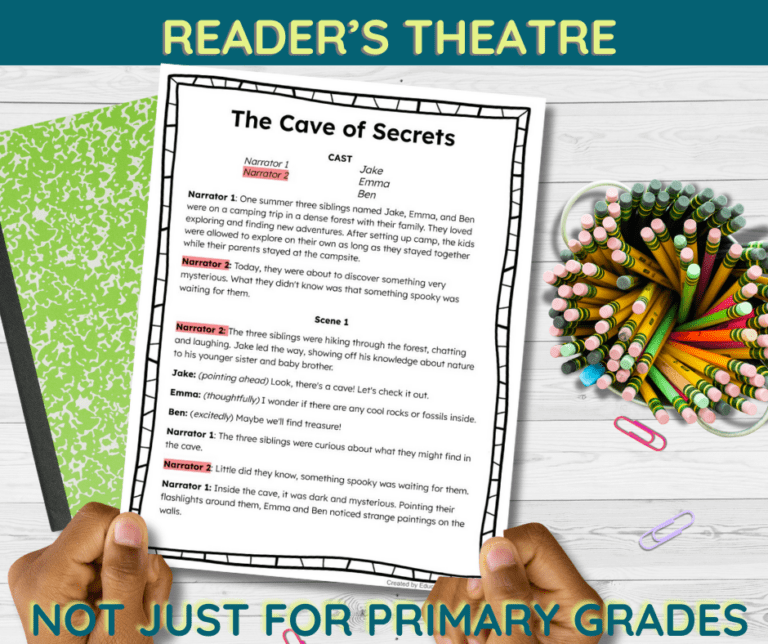
In the ever-changing world of education, it’s crucial to explore innovative teaching methods that not only engage students but also yield positive learning outcomes. As an advocate for education and social justice, I’m often reminded of the power of giving students short writing assignments. These bite-sized tasks not only save time but also serve as versatile tools for enhancing the educational experience.
Here are five reasons I LOVE using shorter writing assignments in my classroom.
1. Quicker Feedback Cycles
Short writing assignments allow me to provide timely and meaningful feedback to my students. With less text to evaluate, I can pinpoint areas for improvement, reinforce good writing habits and foster growth. This immediate feedback loop empowers students to refine their skills more rapidly.
2. A Variety of Genres
Diverse writing assignments expose students to various genres, broadening their literary horizons. From concise persuasive essays to expressive poetry or reflective journal entries, short tasks provide opportunities to explore different writing styles. This exposure encourages creativity, versatility, and a deeper appreciation for language. It also allows me to flex my planning to meet students where they are that day not just academically but socially.
3. Supporting Students with Chronic Absenteeism
For students who frequently miss class due to chronic absenteeism, short writing assignments are a game-changer. These tasks are more forgiving and accessible, enabling absent students to catch up quickly without feeling overwhelmed. They serve as manageable building blocks for a robust skill set. It is also much easier to know how a chronically absent student is doing when they are completing the same task as the person next to them, rather than trying to catch up on a week’s worth of writing.
Constructed Response Passages
4. Easier Alignment to Block Schedules
With more and more middle schools asking teachers to grapple with block schedules, short writing assignments offer flexibility. They can be seamlessly incorporated into shorter class periods and still deliver meaningful content. Block days also allow for discrete one-day tasks with time for revision in the same block. This adaptability ensures that all students receive a consistent writing curriculum.
5. Classroom Routine
Short writing assignments establish a sense of routine and discipline within the classroom. Students learn to rely on these tasks as a consistent part of their learning journey. This routine creates a comfortable, predictable environment where students can confidently lean on their writing skills. Unlike longer assignments, a weekly writing in response to a prompt for 20 minutes can be protected easily in our schedules.
Incorporating short writing assignments into your teaching toolkit is a wise choice for educators who seek to provide quick feedback, expose students to diverse genres, support those with chronic absenteeism, align to block schedules, and foster a sense of routine. This approach not only saves time but also enriches the educational experience, equipping students with essential skills and nurturing their growth as proficient writers. As you embark on this pedagogical journey, remember that each short assignment is an opportunity for students to explore, express, and evolve in the realm of writing.





